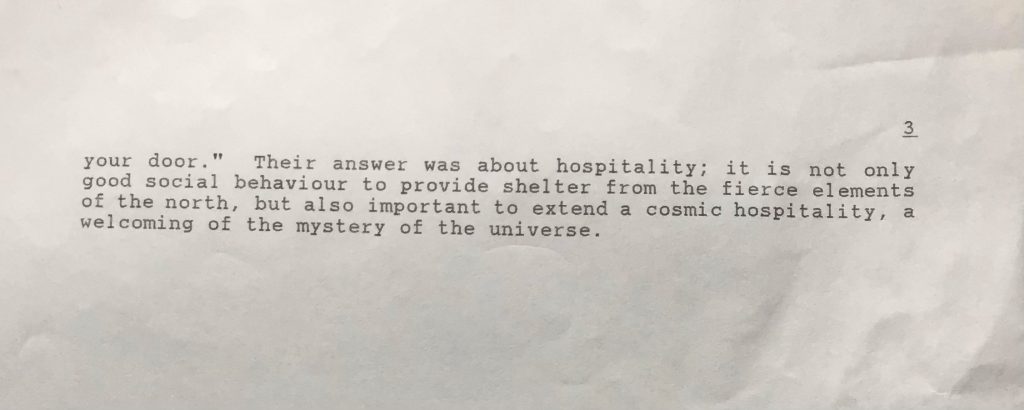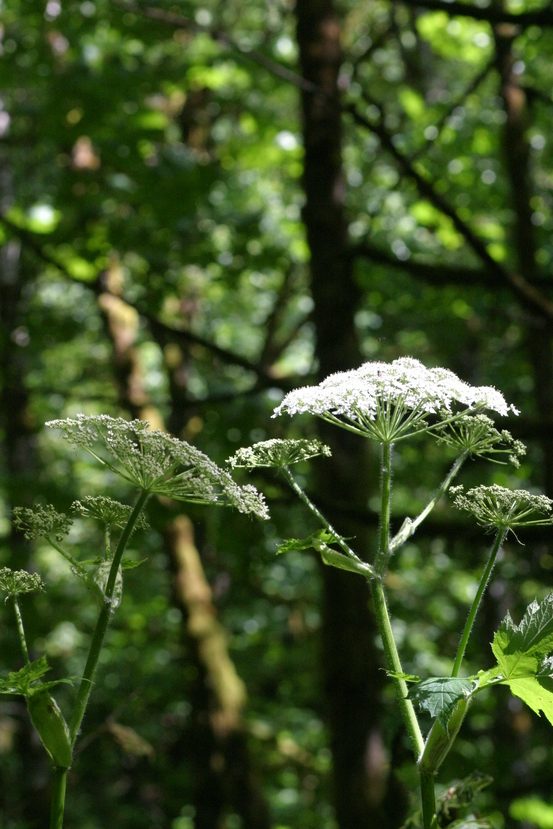


We shall not cease from exploration
And the end of all our exploring
Will be to arrive where we started
And know the place for the first time
T.S. Elliot, Four Quartets
That is what we do when we meditate, we gradually come to know the place for the first time, as we come to know our true selves, become who we are.
What a wonderful time for a retreat:
Pentecost last Sunday: the love of God has been poured into our hearts through the Holy Spirit, where we now stand.
Body, Soul and Spirit: the point of our spirit where the Holy Spirit touches us and makes Christ present in our hearts. This is where contemplation begins.
Trinity: Eve of this great feast. Did you plan it this way. This was the heart of Mochanine spirituality.
There is New Consciousness coming into being today. We are caught up in it. That is why we meditate.
Your contribution is important.
We will not cease from exploration:
How do we enter into the New Creation, the New Consciousness, the New Story:
- Through Love. If you love me you will keep my commandments and we will come to live in you, the Father and the Son.
- Going beyond dualism: reconciliation of opposites.
- Becoming who we are. Not somebody else.
Means death, a long process, commitment
Two forces: centripetal
Centrifugal
- Time Freedom having precedence over conceptual time.
Stress.
The Journey we make is our Story: It is really one story
We look at Bede’s story:
He invites us into his life when he tells his story
His telling allows us to open our hearts to the story.
Bede’s story: 1st year
3rd year: New Harmony: The New Creation in Christ.
5th year
How I came to know the Bede story:
Methodist
War: Calvin
Nashotah House and Spirituality and Merton
England
New England: Hermit
Three Rivers: Golden String.
Trappists
Hermits
Pascaline
Forest of Peace Pere Mochanine and children
Dualism: the idea of Advaita, non-duality is fundamental to Christian understanding today.
Christianity came out of a tradition of moral dualism. We go beyond dualism through meditation.
Nicholas of Cusa, card. Of 15th cent. Speaks of ‘coincidentia oppositorum’, the ‘coincidence of opposites’. When we go deep enough, we see that reconciliation is possible.
‘May they all be one: as you, Father, are in me, and I in you, so also may they be in us.”
“As the Father has loved me, so I have loved you; abide in my love. If you keep my commandments, you will abide in my love, just as I have kept my Father’s commandments and abide in his love
AS YOU, Father, are in me and I in you, may they also be in us….I in them and you in me, that they may be completely one.’ That is the summit of the Christian religion…When Jesus prays that ‘they may be one as you are in me and I in you, that they may be one in us’. We are being asked to enter into the hidden mystery of the Godhead, to share Jesus’ own knowledge of God and love of God: to share in and with and through him in the knowledge of the Father. That is the Christian revelation. It is not God ’up there’ and the servant down below. It is the human being, drawn into the hidden mystery of the Godhead, sharing in the love and the knowledge which is the Godhead. The Godhead is a communion of knowledge and love. And we are being drawn into it. That is our calling.
Rene Femoleau, an oblate missionary from France who has spent more than three decades with the Dene people of the Canadian Northwest territories, recounts that when he first came to Canada he introduced the native people to the Christian tradition. As he was about to leave he asked the elders. “What is the most important commandment of the Christian faith?” Their answer was “Never lock your door.” Their answer was about hospitality; it is not only good social behaviour to provide shelter from the fierce elements of the north, but also important to extend a cosmic hospitality, a welcoming of the mystery of the universe.
